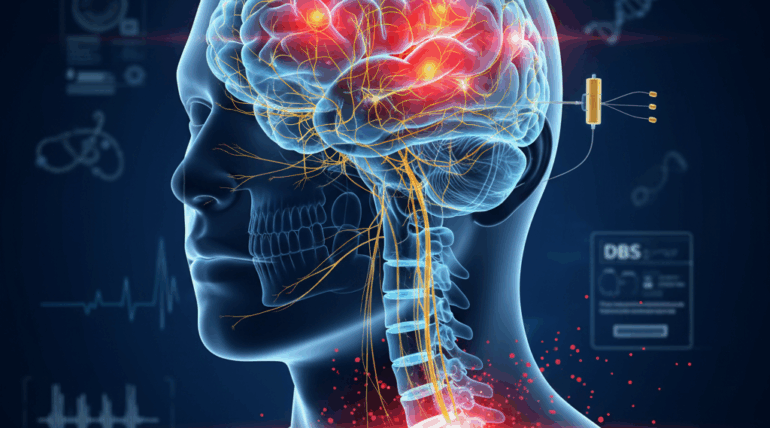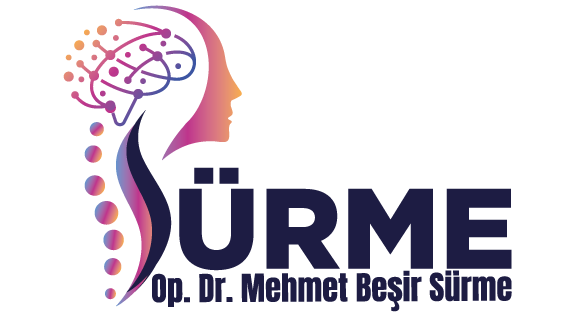
Expertise During Life's Most Sensitive Periods
Two of the most delicate and specialized subfields of Neurosurgery Pediatric Neurosurgery (Child Brain Surgery) and Functional NeurosurgeryOne addresses the unique needs of children in their developmental years; the other aims to rebuild the quality of life for patients with movement disorders such as Parkinson's disease.
Physicians specializing in these two fields must possess not only advanced surgical skills but also deep empathy and ethical understanding.
1. Pediatric Neurosurgery: A Special Approach for Children
Because children's brains and nervous systems are constantly developing, they have a different physiology than adults. Pediatric neurosurgery covers the treatment of neurological problems that arise congenitally or developmentally.
Primary Treatment Areas:
- Hydrocephalus (Brain Fluid Accumulation): In this condition, which results from an imbalance in cerebrospinal fluid, treatment is administered using shunt systems or endoscopic methods (ETV).
- Congenital Spinal Cord Anomalies: Developmental problems of the spinal cord, such as spina bifida, may require surgical intervention.
- Childhood Brain Tumors: The most critical point in treatment is to provide maximum protection to developing nerve tissues while removing the tumor.
- Craniosynostosis: Conditions that arise as a result of premature closure of the skull bones in infants and can affect brain development.
Important Note: Receiving advanced training (fellowship) in pediatric neurosurgery at an international level is of vital importance for the application of the most current and reliable treatment protocols in these sensitive cases.
2. Functional Neurosurgery: Improving Brain Functions
Functional neurosurgery deals with the surgical treatment of diseases that do not involve a structural problem (such as a tumor or hemorrhage) but cause dysfunction in the brain's functioning. The goal is to improve the patient's functions (movement, pain, involuntary muscle spasms).
Revolutionary Treatments for Movement Disorders:
- Deep Brain Stimulation (DBS – Brain Pacemaker): Parkinson's disease, essential tremor and dystonia In movement disorders such as these, electrodes are surgically implanted into the relevant areas of the brain. These electrodes regulate abnormal signals, significantly controlling the patient's symptoms such as tremors, rigidity, and slowness.
- Refractory Epilepsy Surgery: Removal or isolation of the region causing seizures in epilepsy patients who do not respond to drug treatment.
Success in functional surgery depends on the surgeon's mastery of both neuroanatomy and modern neuroimaging techniques during surgery neuromonitoring depends on the ability to use it.
3. Innovative Approaches and Scientific Framework
Achieving successful outcomes in both pediatric and functional neurosurgery requires keeping up with ongoing scientific developments. When creating a patient-specific treatment plan, international scientific publications and current evidence-based medical data are used as a basis.
Gamma Knife Radiosurgery Non-invasive treatment options can be applied with high precision as an alternative to surgery in certain tumors and functional disorders.
Result: Custom Solutions for Custom Problems
Neurosurgery problems and movement disorders in childhood are serious conditions that directly affect the future of patients and their families. In these specialized fields, Pediatric and Functional Neurosurgery Consulting an expert with deep knowledge in their field and international experience is a critical step in ensuring accurate diagnosis and access to the most up-to-date treatment.
It is recommended that you always consult a specialist who prioritizes scientific expertise and a patient-centered approach to support your freedom of movement or your child's healthy development.



